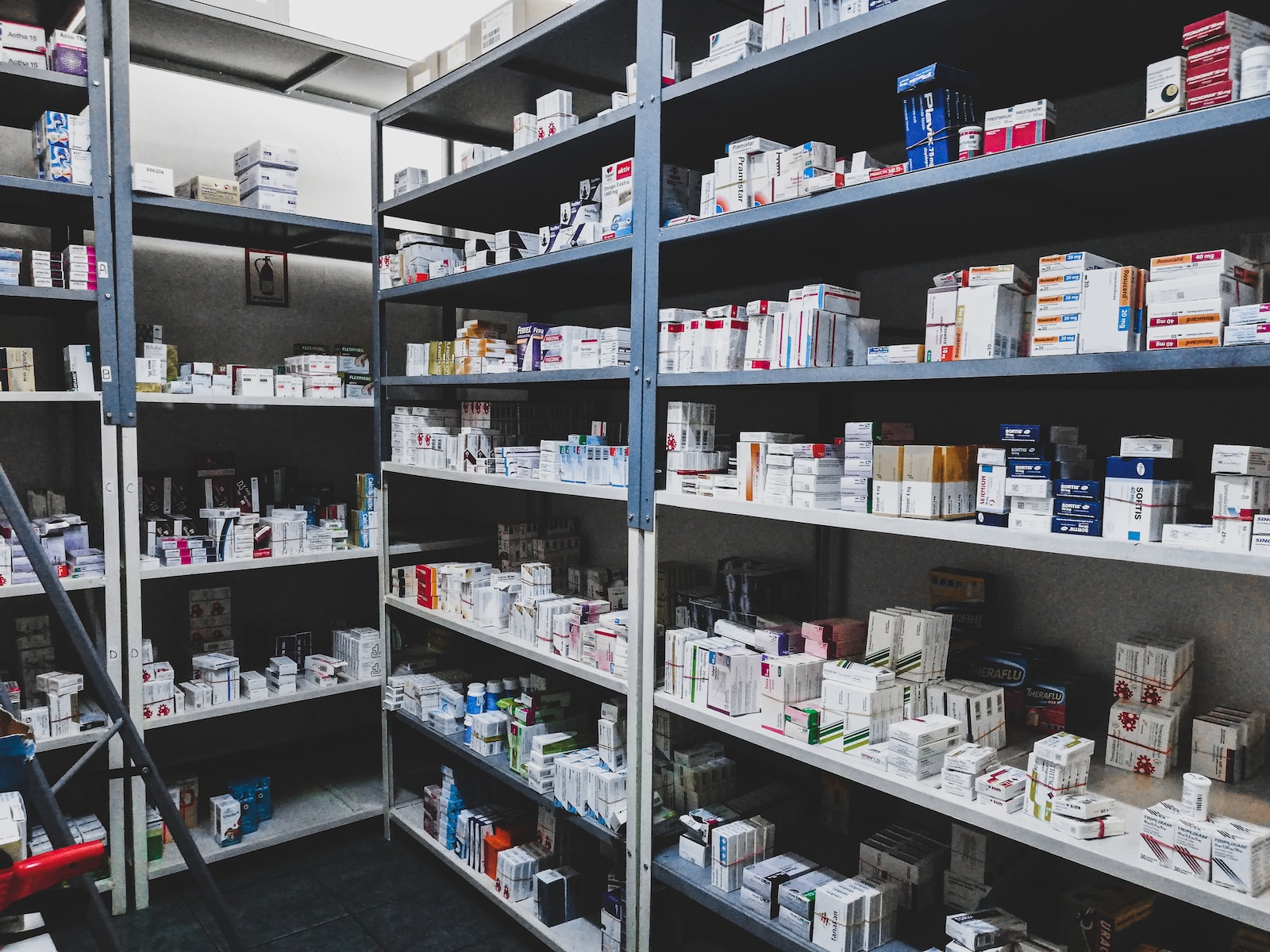Medical stores differ from grocery, mini, and supermarket stores in that their inventory should be filled with medicines. Due to their tie-ups with clinics in their respective areas, they are required to maintain a sufficient stock of medicines. However, managing inventory manually can become messy at times, leading to the possibility of supplying incorrect medicines to patients, which can result in losses for both parties. Every month, the application generates a report about the business’s welfare, providing information about profits and losses. It also sends notifications regarding items that are running low or need to be restocked. The Medical Store ERP Software and POS (Point of Sale) System is a comprehensive software solution specifically designed for medical stores and pharmacies. It combines the functionalities of an ERP system with a robust POS system to streamline and automate various operations within a medical store or pharmacy.
Here are some key features and benefits of a medical store ERP and POS system
INVENTORY MANAGEMENT:
The software enables efficient management of medicine inventory by tracking stock levels, expiration dates, batch numbers, and supplier information. It helps prevent stockouts and overstocking, ensuring optimal inventory levels.
SALES AND BILLING:
The POS component allows for seamless and accurate billing and invoicing processes. It supports different payment methods, generates itemized bills, and integrates with barcode scanners for quick and error-free billing.
PRESCRIPTION MANAGEMENT:
The software can store and retrieve prescription details, allowing pharmacists to quickly process prescriptions and dispense the appropriate medications. It also helps in maintaining a record of medications sold for regulatory compliance.
SUPPLIER AND PURCHASE MANAGEMENT:
It facilitates managing supplier information, purchase orders, and purchase histories. The system can automate the procurement process, ensuring the timely restocking of medicines.
REPORTING AND ANALYTICS:
The system generates comprehensive reports on sales, inventory, profits, and other key performance indicators. It provides insights into business performance, helps in decision-making, and identifies areas for improvement.
REGULATORY COMPLIANCE:
The software assists in maintaining compliance with legal and regulatory requirements related to medicine sales and inventory management. It can generate reports required for audits and government authorities.
INTEGRATION AND SCALABILITY:
The ERP software can integrate with other healthcare systems, like electronic medical records (EMRs) or accounting software, for seamless data flow. It is scalable to accommodate the growth and changing needs of the medical store or pharmacy.
RACK MANAGEMENT:
In pharmacy, rack management refers to the efficient organization and tracking of medication racks or shelves.
EXPIRY MANAGEMENT:
Effectively track the expiration dates of pharmaceutical products to ensure they are not dispensed or sold beyond their expiration dates.
SUBSTITUTE AVAILABILITY:
Increase your sales by recommending substitute medications instead of prescription medications. The software will find suitable substitutes with the same Salt Composition and Strength
REORDER MANAGEMENT:
Understand your store’s Fast, Slow, and Non-Moving products. Establish re-order points. Reorders should be generated based on product sales, profit/stock level and calculations.
RESTRICTED DRUG MANAGEMENT:
Maintain and track purchase and sale records for restricted drugs, Narcotics, Schedule H, and H1. Create and present reports as needed
PURCHASE AND SALE CLAIM MANAGEMENT:
Receive timely reminders and notifications for benefits of claims against completed purchases. Check the status of pending claims and take advantage of the offers as soon as possible to maximize profits. Overall, a medical store ERP and POS system simplifies operations, enhances efficiency, improves customer service, and ensures compliance with regulations. It is a valuable tool for effectively managing a medical store or pharmacy.
